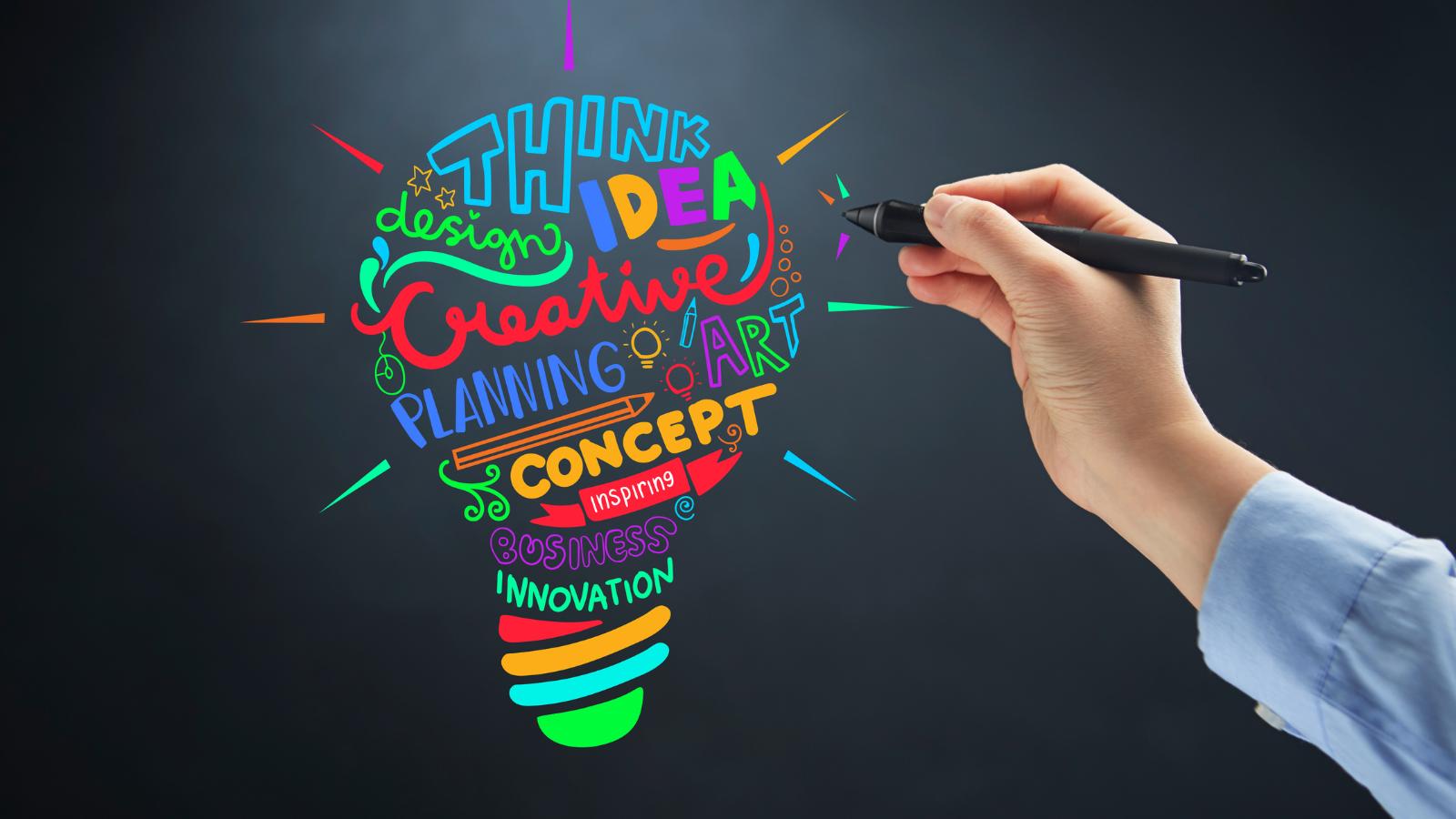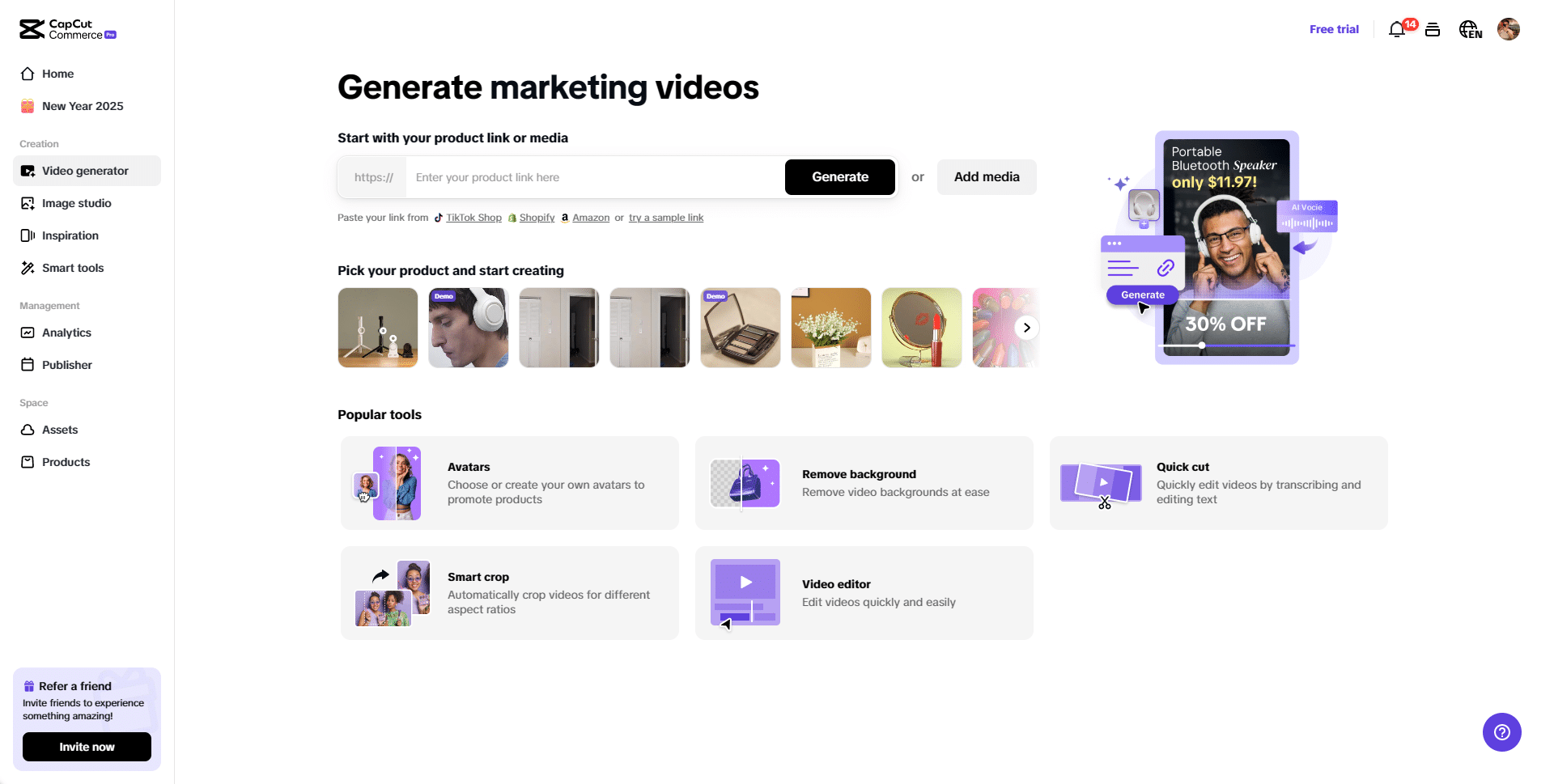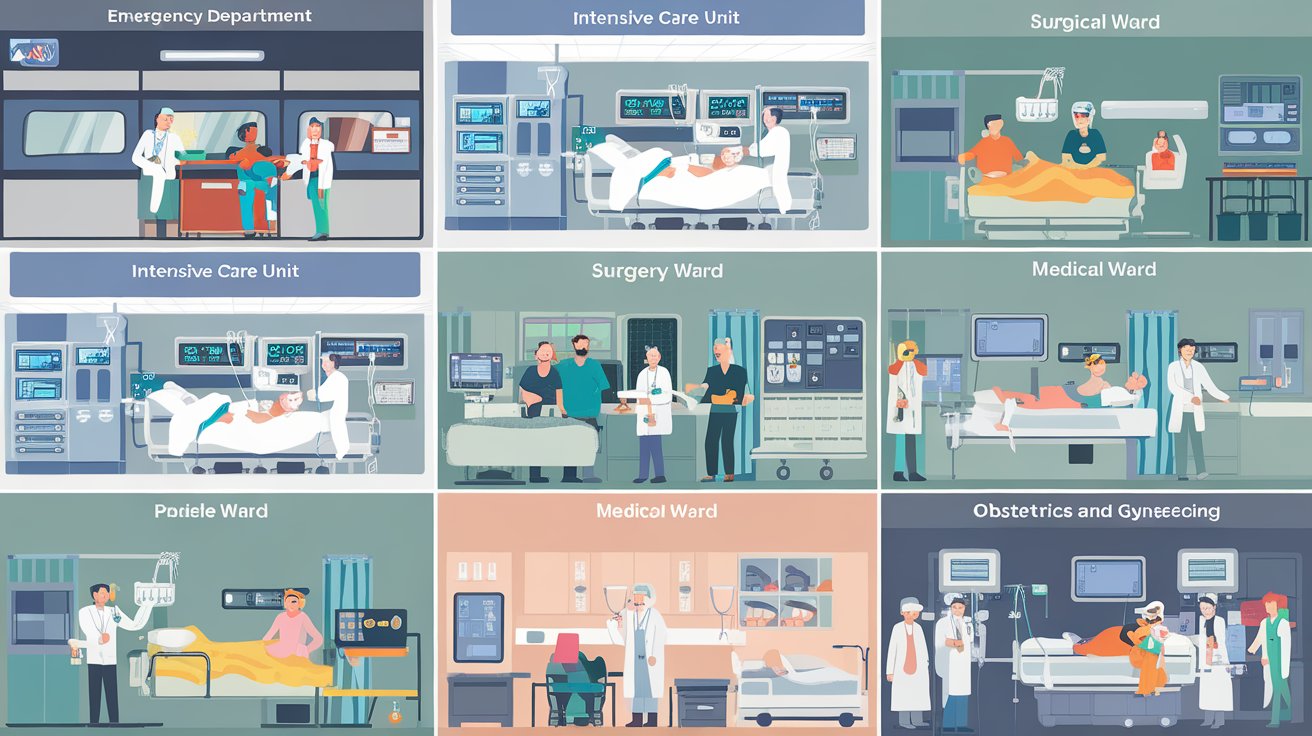
The modern world is changing rapidly, and with it the requirements for the skills and knowledge that will be needed in the future. Just as in the casino world, where non gamstop no deposit bonus is becoming an increasingly popular option for players, 2030 is no exception – technological advances, process automation and globalisation are creating new challenges for the education sector and the workforce.
To be competitive in the coming era, it is important to understand in advance which skills will be most important. In this article, we will look at the main areas that will influence education and professional development, as well as what competences will be in demand in 2030.
Technological literacy: a basic need of the future

Technology development and its impact on education
In 2030, technological literacy will become a fundamental skill, like writing or arithmetic in the twentieth century. Successful integration of technology into everyday life and professional activities requires an understanding of the basic principles of digital tools and systems.
This includes the ability to work with data, understand artificial intelligence and programming basics, as well as knowledge of cybersecurity principles necessary to protect personal information and maintain confidentiality.
To achieve this level of technological literacy, schoolchildren and students should learn not only basic tools but also the principles of data processing, cybersecurity and management of technological systems. The global Internet of Things (IoT) network will open up new perspectives, and understanding it will become even more important in the context of education and career opportunities.
Curricula are gradually changing, introducing technology disciplines from an early age, allowing students to develop skills with digital tools from a young age. It is expected that in 2030, knowledge of digital systems will be a requirement for all professions, which will increase the demand for competent professionals in the technology sector.
Critical thinking and problem solving
Why is critical thinking important in 2030?
In 2030, critical thinking will become one of the most sought-after skills, as it allows you to effectively analyse information, draw conclusions and make informed decisions. This skill is becoming especially important due to the large amount of information we have to process on a daily basis, as well as the rapid development of fake news and disinformation, which are becoming increasingly difficult to recognise.
Critical thinking requires an analytical approach that allows you to set priorities, identify logical connections between events and use this experience to solve complex problems. In schools and universities, attention should be paid to teaching critical analysis methods, which helps students learn to think logically and evaluate information objectively.
In addition, this skill is closely related to the ability to solve complex problems that do not always have clear-cut solutions. The ability to apply innovative approaches to problem solving and find unconventional ways is a key component of success in any field of activity in 2030.
Social skills and emotional intelligence
Emotional intelligence as an important component of professional success
In 2030, emotional intelligence will become one of the most important competencies, as it allows you to interact with people effectively and without conflict. In a world where automation of processes replaces physical labour, human qualities such as empathy, understanding of others’ emotions, and the ability to engage in dialogue are becoming crucial.
The study of emotional intelligence will help young people better understand themselves and others, which in turn will help them build healthy and productive relationships both in and outside of the professional environment. To this end, special programmes can be introduced in educational institutions to help develop these skills in practice.
Strong emotional intelligence allows you to better manage emotions in stressful situations, maintain a work-life balance, and succeed in teamwork. This will be useful not only for leaders and managers, but also for employees in various fields where communication plays an important role.
Creativity and innovation

How to develop creativity in the face of future challenges?
In 2030, creativity and an innovative approach to solving problems will be key success factors, especially in a changing labour market. Creative thinking allows you to find new ideas, approaches and innovative solutions that contribute to business development and solve social problems.
Education should encourage students to be creative in their approach to learning, instead of standard approaches that only encourage memorisation of facts. For example, interactive classes, project work, and competitions to develop innovative solutions help develop creativity and teamwork skills.
As a result, students learn to think flexibly and adapt to new situations, which is essential for future professional development. In 2030, the demand for specialists capable of implementing innovations will become even more urgent.
Information management and data handling
Ability to analyse and interpret information
The amount of information is growing exponentially every year, which requires employees to be able to effectively manage and analyse data. In 2030, skills in working with large amounts of information will be indispensable for many professions, as decisions in many industries will depend on an accurate understanding of data.
For this purpose, it is important to acquire basic knowledge of statistics, data processing methods and the ability to use analysis tools. This will allow students and professionals to make informed conclusions and make informed decisions, which is especially important in marketing, finance, medicine and other industries where data plays a key role.
In addition, the study of concepts such as 10 free casino no deposit helps to develop critical thinking and the ability to analyse information in various fields, which greatly expands professional opportunities.
Education should include training in the fundamentals of data management so that future professionals can adapt to new challenges and manage information with confidence.
Flexibility and adaptability
Adaptation skills in a changing world
The modern world is changing extremely fast, which requires employees to be flexible and ready to change. In 2030, the ability to adapt to new conditions will become not just a useful skill, but a necessity. Those who are able to quickly learn new ways of working, adjust to new tasks and solve unforeseen problems will have a significant advantage in the labour market.
The educational system should also take this trend into account by giving students the opportunity to try themselves in different areas and projects. This helps foster a desire for self-education, which is also part of flexibility.
The ability to adapt allows you to not only withstand the workload at work, but also to remain competitive in the long run.
Leadership and decision-making skills

Leadership skills for new challenges
Leadership skills will always be in demand, but their importance will increase significantly in 2030. In a world where innovation and the pace of change require organisations to constantly adapt, leaders are needed who are able to manage teams, make responsible decisions and lead by example.
Leadership development should start at school, where students should be encouraged to actively participate in group projects, discussions and joint decision-making. This allows students to learn not only how to lead others, but also how to listen to and understand their points of view, which is an important aspect of leadership.
The ability to make informed decisions under stress and high responsibility is a skill that will help you succeed in any field of endeavour.
Conclusion.
The educational system must evolve with the changing world. The skills that will be needed in 2030 reflect the new demands of the labour market and society. Technological literacy, critical thinking, emotional intelligence, creativity, data skills, adaptability and leadership are the competences that will be crucial for professional and personal success.
By investing in the development of these skills, the education system will create the basis for a generation of professionals ready to meet the challenges of the future.























































































































































